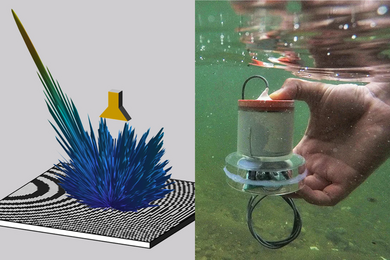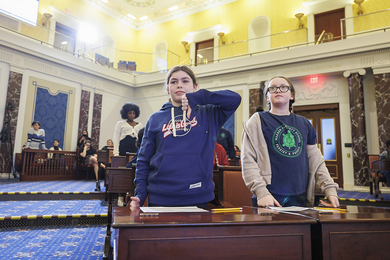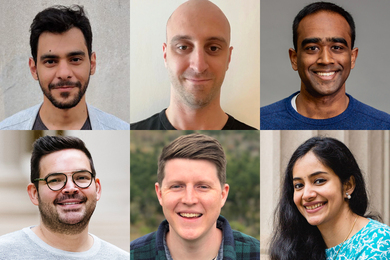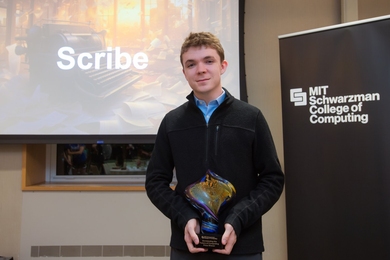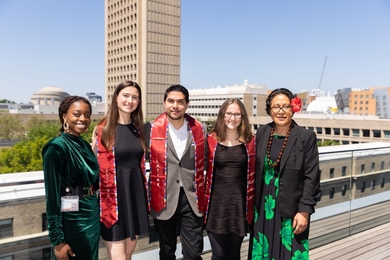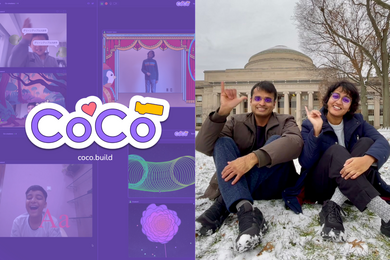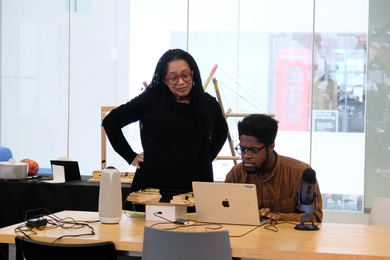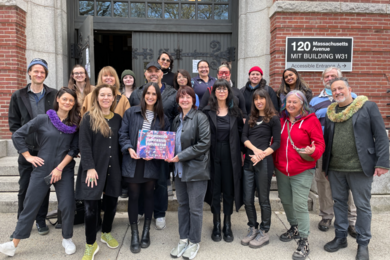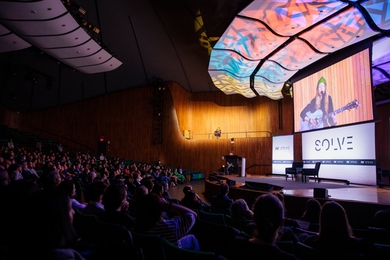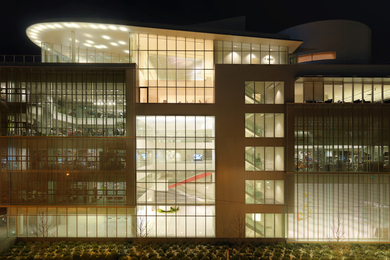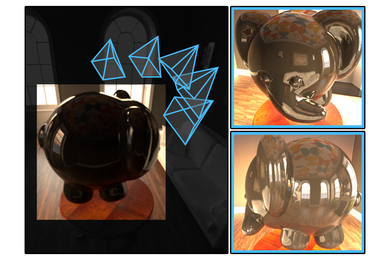Media Lab
Day of AI curriculum meets the moment
Global participation in MIT RAISE’s free K-12 program more than doubles in its second year.
MIT-Pillar AI Collective announces first seed grant recipients
Six teams conducting research in AI, data science, and machine learning receive funding for projects that have potential commercial applications.
Envisioning the future of computing
MIT students share ideas, aspirations, and vision for how advances in computing stand to transform society in a competition hosted by the Social and Ethical Responsibilities of Computing.
If art is how we express our humanity, where does AI fit in?
MIT postdoc Ziv Epstein SM ’19, PhD ’23 discusses issues arising from the use of generative AI to make art and other media.
First MIT Latinx graduation celebration held
One hundred forty graduate and undergraduate students receive red stoles.
CoCo: A real-time co-creative learning platform for young people
Media Lab PhD students Manuj Dhariwal and Shruti Dhariwal introduce a new paradigm of creative collaboration in digital learning environments.
Facing up to democratic distrust
Study: False assumptions about election malfeasance could create a “death spiral” for democracy — but also provide some hope for bipartisan repair.
Pamela Z: Singing the body electric
Combining digital technology with the human voice, Eugene McDermott Award in the Arts at MIT winner Pamela Z creates layered music from everyday life.
First-of-its-kind Indigenous immersive incubator gathers on MIT campus
Over the course of four days, Indigenous delegates collaborated on immersive technology with MIT community members.
Solve at MIT 2023: Collaboration and climate efforts are at the forefront of social impact
Over 300 social impact leaders from around the world convened on MIT’s campus to discuss global challenges and how to solve them together.
That moment when you’re nodding off is a sweet spot for creativity
A new study finds people are more creative after waking from the earliest stage of sleep, especially when they are guided to dream about a particular topic.
A symbol with a story
The iconic MIT Press colophon symbolizes the legacy of its creator Muriel Cooper, a graphic design pioneer and longtime member of the MIT community.
MIT’s Center for Constructive Communication takes aim at the destructive nature of social media
An ambitious cross-disciplinary effort is launched to build healthier social networks.
Using reflections to see the world from new points of view
A new computer vision system turns any shiny object into a camera of sorts, enabling an observer to see around corners or beyond obstructions.
